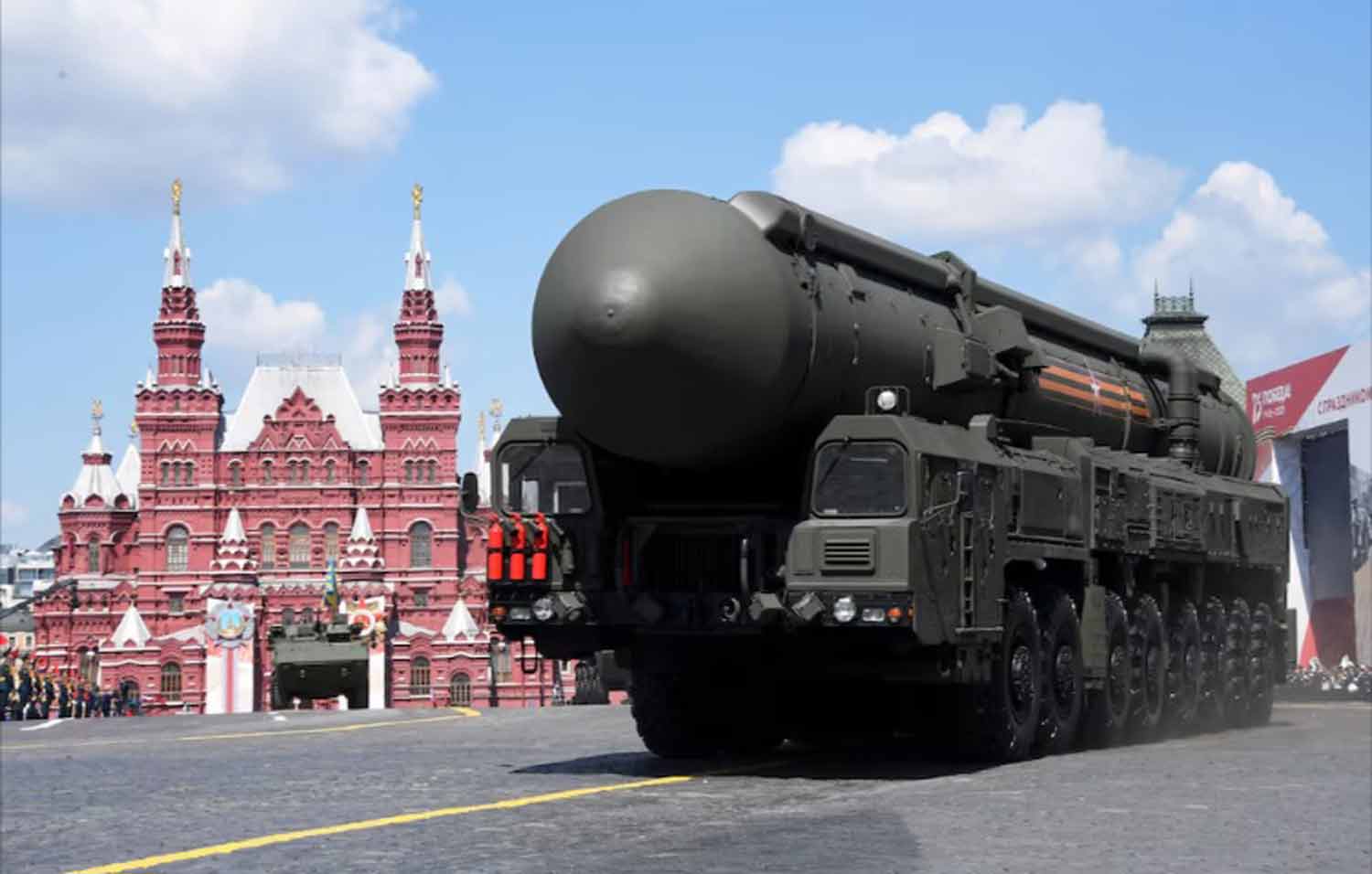U.S. initiatives aimed at achieving a ceasefire in Gaza have encountered significant obstacles after nearly a year of ongoing conflict. Meanwhile, Iran-supported Houthi rebels persist in their assaults on shipping in the Red Sea. Additionally, despite vigorous diplomatic efforts led by the U.S., the Israel–Hezbollah situation is on the verge of escalating into a full-scale regional war.
As his administration approaches its conclusion, President Joe Biden is confronted with a series of Middle Eastern crises that are unlikely to be resolved before he departs in January, potentially impacting his foreign policy reputation, according to analysts and international diplomats.
Over the past year, Biden has faced the challenge of balancing support for Israel’s right to defend itself against Hamas militants in Gaza and Hezbollah in Lebanon, while also striving to minimize civilian casualties and avert a wider regional conflict. He has repeatedly encountered the limitations of this approach, most recently highlighted by Israel’s dismissal of a U.S.-endorsed proposal for a 21-day ceasefire along the Lebanon border, as it continues military operations that have resulted in numerous Lebanese casualties.
Jonathan Panikoff, the former deputy national intelligence officer for the U.S. in the Middle East, remarked, “We are witnessing the limitations of U.S. power and influence in the region.” A prominent illustration of this trend is President Biden’s hesitance to leverage U.S. support—both as Israel’s primary arms supplier and its diplomatic protector at the United Nations—to persuade Israeli Prime Minister Benjamin Netanyahu to align with Washington’s objectives.
For almost a year, the United States has been unable to facilitate a resolution between Israel and Hamas to cease hostilities and secure the release of hostages taken during the militants’ October 7 incursion that ignited the Gaza conflict. Individuals familiar with the situation indicate that no significant progress is expected soon.
While U.S. officials often attribute the stalled negotiations to Hamas, some also point to Netanyahu’s evolving demands. During U.S. Secretary of State Antony Blinken’s nine visits to the region since October 7, he has frequently found himself in disagreement with senior Israeli officials. For instance, during a news conference last November, Blinken urged Israel to temporarily halt its military actions in Gaza to permit humanitarian aid access. Shortly thereafter, Netanyahu publicly dismissed the suggestion, asserting that he had made it clear to Blinken that Israel would continue its operations “full force.” The White House has not yet provided a response to inquiries regarding this matter.
Biden has received recognition from fellow Western leaders for revitalizing essential U.S. alliances, particularly with NATO and key Asian partners, following his predecessor Donald Trump’s skepticism regarding these relationships. This was evident in April when the Biden administration successfully rallied support from regional and European allies to assist Israel in countering an Iranian drone and missile assault.
However, some foreign diplomats argue that Biden’s approach to the turbulent Middle East, particularly his reaction to the Gaza conflict, has undermined U.S. credibility on the global stage. “President Biden’s initial misstep was asserting that the U.S. would unwaveringly support Israel,” remarked one Western official. “We have yet to recover from that.”
A diplomat from the Middle East commented that U.S. diplomatic efforts have “failed to impress adversaries,” pointing out that while Biden deployed military resources to the region after October 7 as a deterrent to Iran and its proxies, this action did not fully achieve its intended effect. The Iran-aligned Houthi rebels in Yemen have continued their missile assaults on commercial vessels in the Red Sea, despite the presence of additional Western naval forces for protection.
Michael ‘Mick’ Mulroy, a former deputy assistant secretary of defense for the Middle East during the Trump administration, stated, “He could have acted more swiftly and decisively against these proxy attacks.” U.S. officials have consistently countered such critiques, asserting that their diplomatic efforts have yielded positive outcomes and that the military presence in the region has so far prevented the escalation of conflict from Gaza into a broader regional war.
“Diplomacy is not simply a matter of snapping our fingers and achieving instant results,” U.S. Ambassador to the U.N. Linda Thomas-Greenfield explained to the Security Council earlier this month. “It requires diligent effort, and unfortunately, it takes time. It has not failed.”
Since October 7, President Biden’s aspirations for what was once considered a potential hallmark of his foreign policy—establishing normalized relations between Israel and Saudi Arabia alongside U.S. security assurances for Riyadh—have been significantly undermined. At the United Nations, where the Security Council previously endorsed Biden’s initiative for a ceasefire and hostage resolution in Gaza, there are indications that the patience for U.S. diplomatic efforts in the Middle East is diminishing.
Jordan’s Foreign Minister Ayman Safadi remarked on Thursday that attempts to quell the violence in the region have resulted in “a year of failure,” asserting that the Israeli government will not adhere to international law unless held accountable, and is disregarding even its allies, including the United States.
Panikoff, a former intelligence official now affiliated with the Atlantic Council in Washington, articulated the core of the Biden administration’s challenge regarding Gaza: “Plan A hasn’t worked for months. So where’s Plan B?”
With Israel threatening a ground offensive in Lebanon and pledging to maintain pressure on Iran-backed Hezbollah until thousands of Israeli evacuees can return home, the situation in Lebanon could further escalate.
The developments in Lebanon may not only affect Biden’s legacy but also have repercussions for Vice President Kamala Harris’s presidential campaign. Some progressive Democratic voters are already expressing dissatisfaction with the unwavering U.S. support for Israel.
It remains uncertain whether Netanyahu will respond positively to Biden’s appeals to prevent further escalation in Lebanon. As a lame duck president in the final four months of his term, analysts suggest that while Biden’s efforts to mitigate Middle Eastern unrest are commendable, his successor will likely face the ongoing crises he leaves behind.
Discover more from Defence Talks | Defense News Hub, Military Updates, Security Insights
Subscribe to get the latest posts sent to your email.





